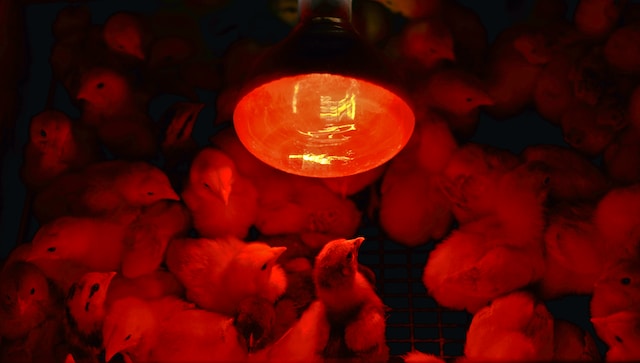Animal farming, also known as animal agriculture or livestock farming, is a practice deeply rooted in human history, providing essential resources such as meat, dairy, and eggs. However, this age-old industry is not without its complexities and challenges. In this blog post, we will explore the world of animal farming, discussing its importance in meeting global food demand, as well as the ethical, environmental, and sustainability concerns associated with the industry.
The Importance of Animal Farming
Food Production: Animal farming plays a critical role in meeting the world’s demand for protein-rich foods. It provides a source of high-quality protein, essential nutrients, and dietary diversity.
Livelihoods: Animal farming supports the livelihoods of millions of people worldwide, from farmers and ranchers to those employed in meat processing and distribution.
Cultural Significance: In many cultures, animal products hold cultural and traditional significance, playing central roles in ceremonies, celebrations, and daily diets.
Ethical Considerations
Animal Welfare: The treatment of animals in farming has raised ethical concerns. Factory farming practices, including overcrowding and the use of antibiotics, have come under scrutiny for their impact on animal well-being.
Slaughter Methods: Ethical debates often revolve around slaughter methods and whether they are humane and painless.
Animal Rights: Advocates for animal rights argue for better treatment, more spacious living conditions, and the abolishment of practices such as confinement in small cages or stalls.
Environmental Impact
Greenhouse Gas Emissions: Animal farming is a significant contributor to greenhouse gas emissions, primarily due to methane produced by livestock digestion. These emissions contribute to climate change.
Land Use: The industry requires vast amounts of land for grazing and feed production, leading to deforestation and habitat destruction.
Water Usage: Animal farming consumes substantial amounts of water for drinking, cleaning, and crop irrigation for feed, putting pressure on water resources in certain regions.
Sustainability Challenges
Overuse of Antibiotics: The prophylactic use of antibiotics in animal farming raises concerns about the development of antibiotic-resistant bacteria, which can pose a threat to human health.
Feed Production: The cultivation of feed crops like soy and corn for livestock consumes significant resources, including land, water, and energy.
Waste Management: The disposal of animal waste, particularly in large-scale farming operations, can lead to environmental pollution and health risks.
Promoting Responsible Animal Farming
Sustainable Practices: Encouraging sustainable and responsible farming practices, such as rotational grazing, reduced antibiotic use, and waste management, can mitigate some environmental and ethical concerns.
Animal Welfare Standards: Stricter regulations and industry-driven initiatives can improve animal welfare, ensuring that animals are treated humanely throughout their lives.

Consumer Choices: Consumers can play a pivotal role by making informed choices, supporting humane and sustainable farming practices, and reducing meat consumption.
Conclusion
Animal farming is a complex industry with profound implications for our diets, economies, and the environment. Balancing the necessity of providing food security and livelihoods with the responsibility of ethical and sustainable practices is a formidable challenge. As we navigate this evolving landscape, it is crucial to foster constructive dialogue among farmers, consumers, policymakers and advocates to find solutions that promote the welfare of animals, protect the environment, and ensure a sustainable food supply for the future.
